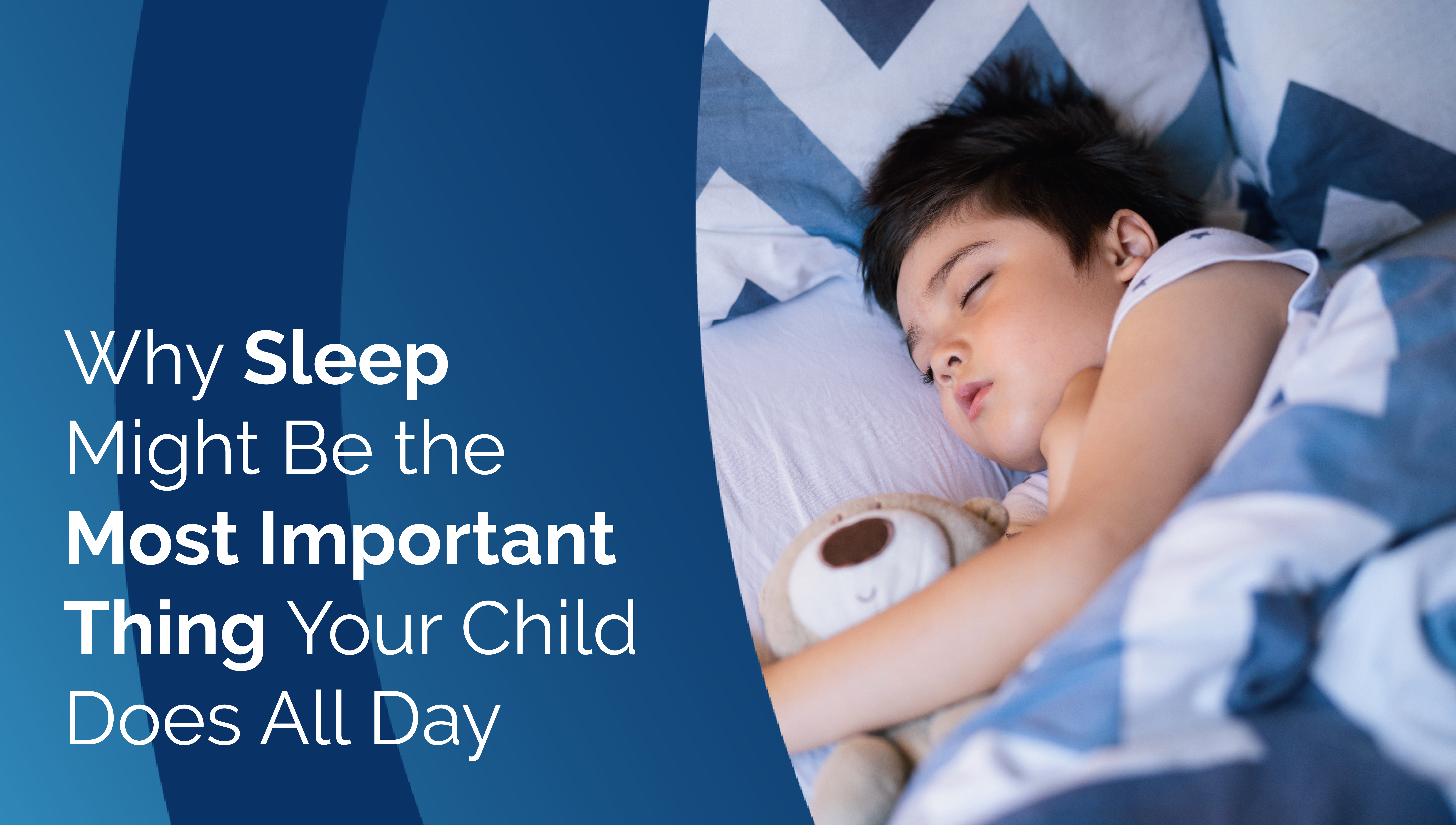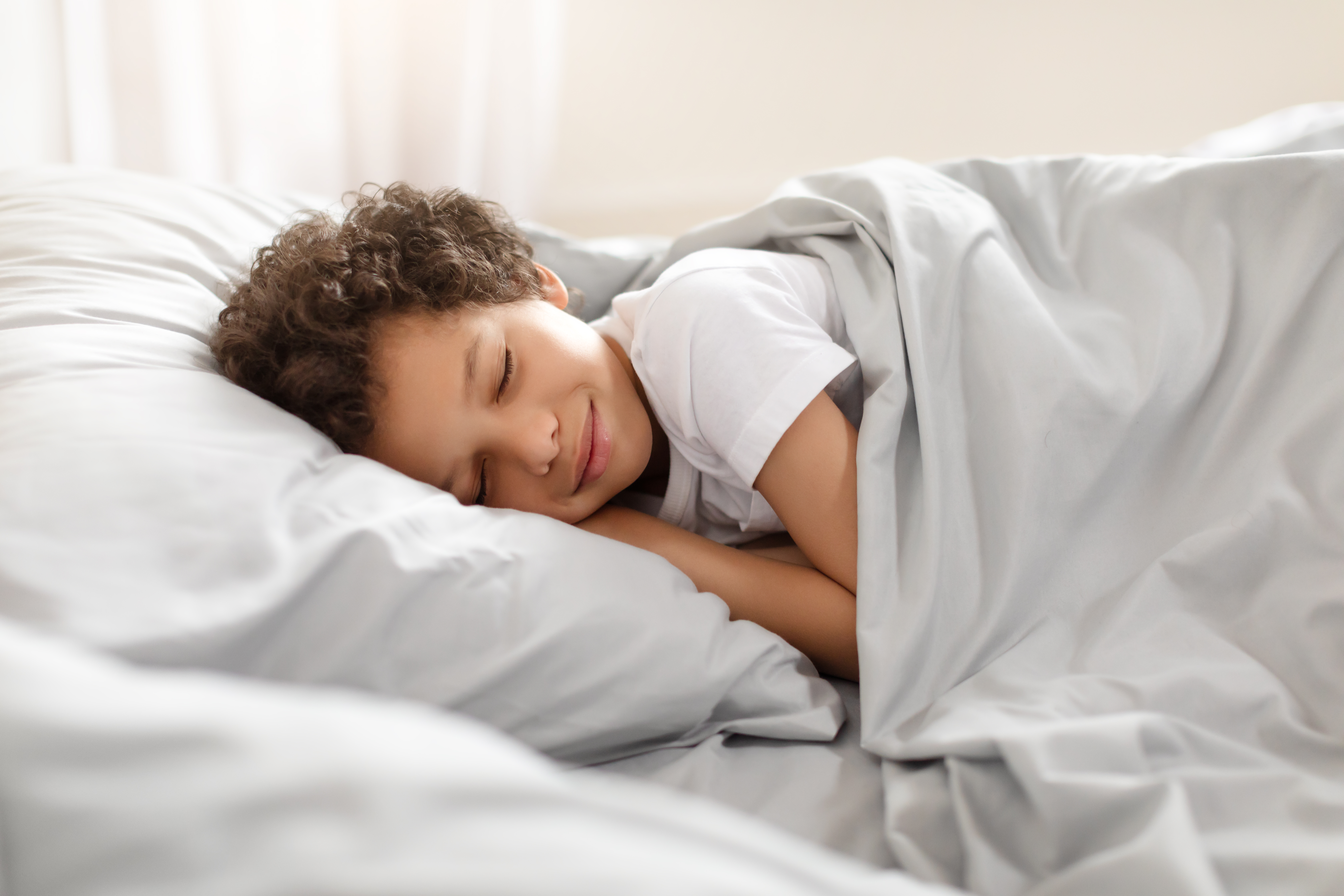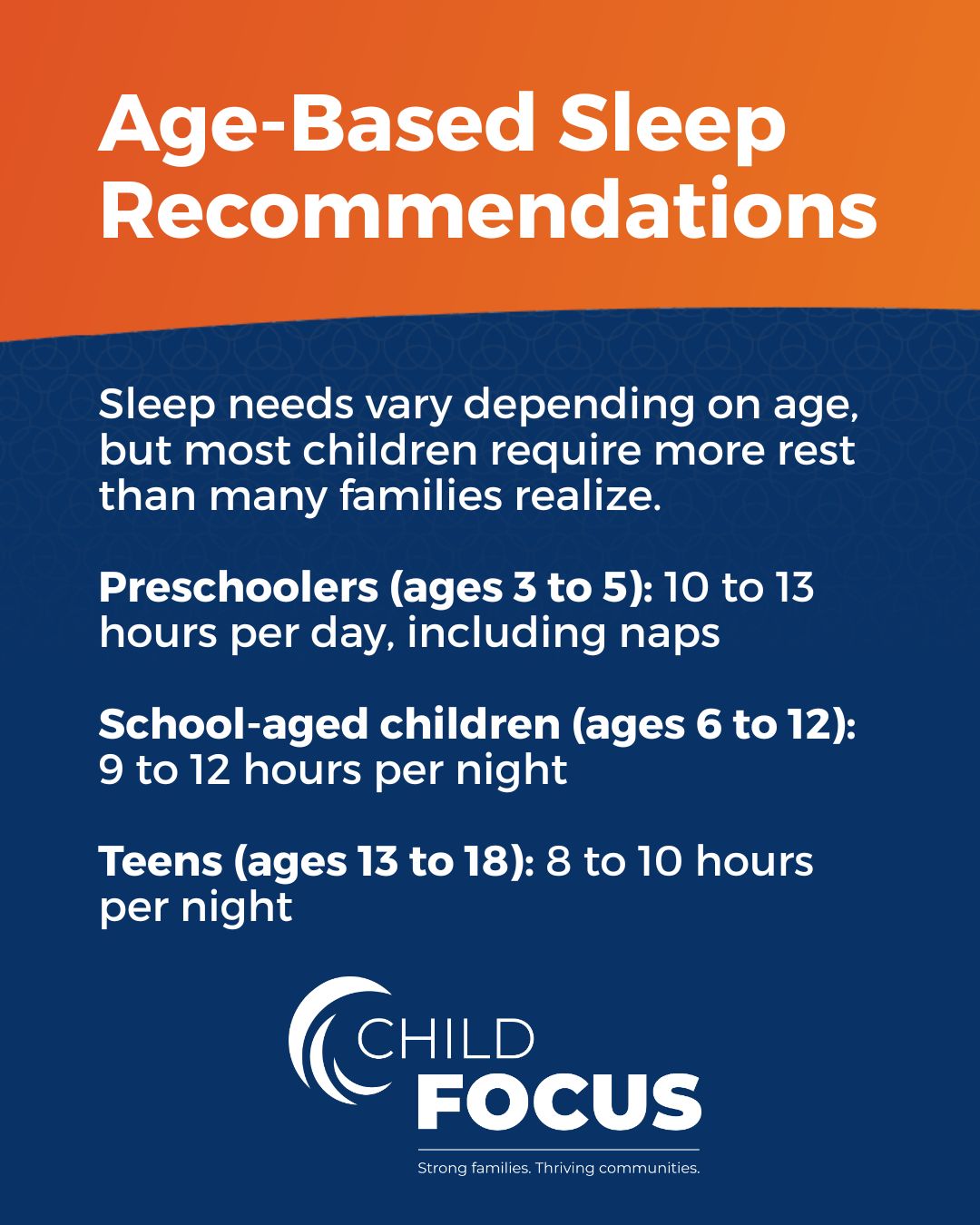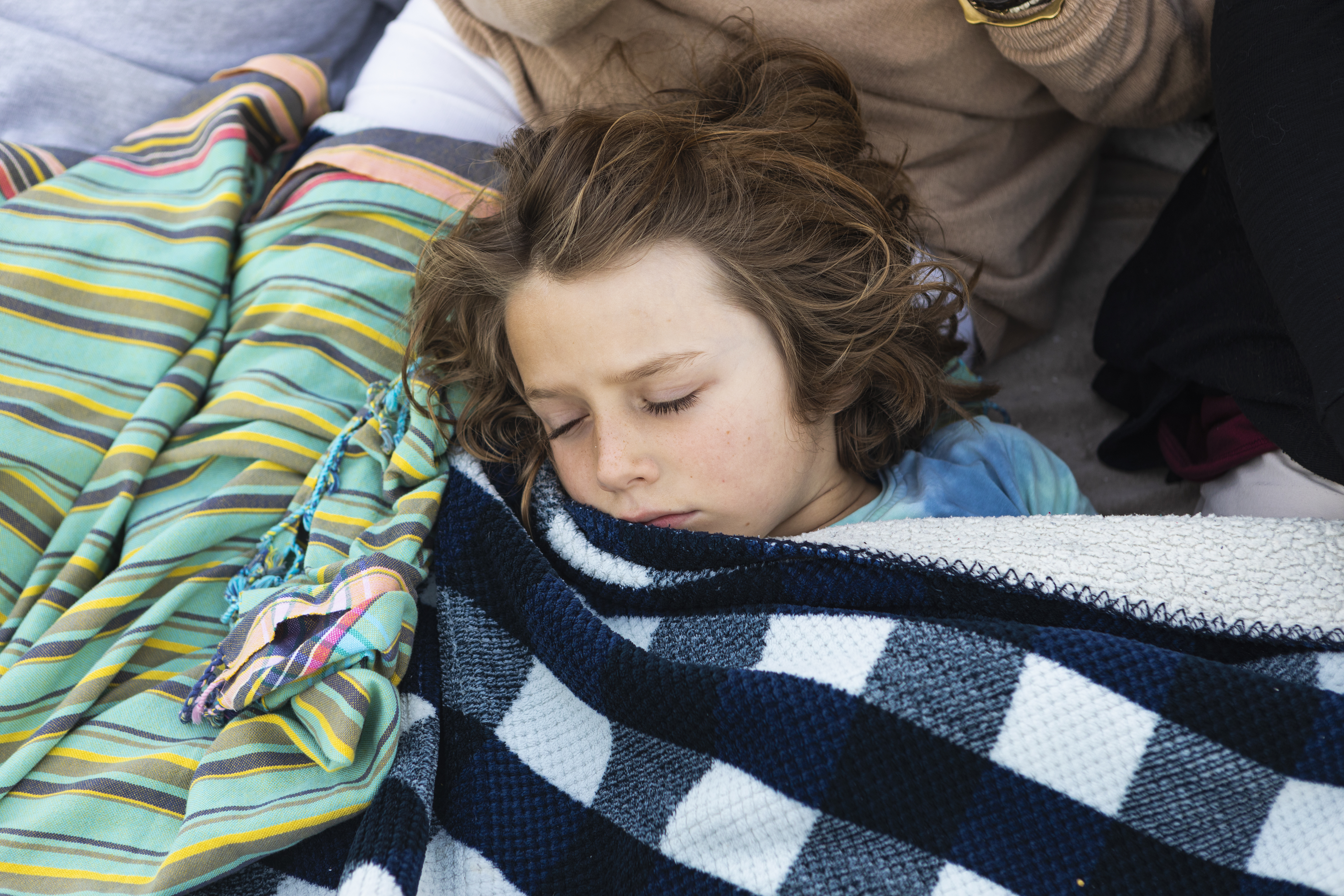Why Sleep Might Be the Most Important Thing Your Child Does All Day
Why Sleep Might Be the Most Important Thing Your Child Does All Day

Have you noticed more outbursts, issues with focus, or up-and-down moods in your child lately, and nothing you try seems to help? Maybe it feels like a discipline problem one day and an emotional spiral the next. Before you chalk it up to a rough week or growing pains, it might be time to look at something families often overlook - sleep.
When kids don’t get the rest they need, it often shows up like defiance, anxiety, forgetfulness, or low motivation. You may be trying reward charts, stricter routines, or more one-on-one time without realizing your child’s brain is simply overtired. When sleep is off track, everything else becomes harder to manage.
You’re not imagining the struggle, and you’re not alone. Sleep plays a powerful role in how kids learn, behave, and feel each day. This article explores why sleep matters more than many people realize, how to spot hidden signs of sleep deprivation, and what you can do to help your child get the rest they need.
The Real Impact of Sleep on Kids’ Daily Functioning
Sleep affects every part of your child’s ability to think, regulate emotions, and show up to the day with energy and focus. If your child seems out of sync, sleep could be the piece you’ve been missing.
How Sleep Shapes Behavior and Emotional Regulation
Kids who don’t sleep well may seem moody, aggressive, or quick to cry. These behaviors are often mistaken for defiance or disrespect, but many are signals of a tired brain.
Sleep helps regulate mood, manage frustration, and support impulse control. Without it, even small stressors can feel unmanageable.
How Sleep Affects Learning and Focus
During sleep, the brain organizes and stores what it learns. It strengthens memory, supports concentration, and improves problem-solving skills.
When kids are overtired, they may struggle to retain new information or stay on task. What might look like lack of motivation or distractibility is often sleep deprivation in disguise.

The Connection Between Sleep and Mental Health
Sleep directly influences emotional well-being. Children who don’t get enough rest are at higher risk for anxiety and depression. Even mild sleep loss can lower a child’s ability to cope with challenges. On the flip side, well-rested kids often show stronger resilience and greater emotional flexibility.
How Much Sleep Does Your Child Really Need?
Knowing how much sleep your child needs give you a helpful starting point. Just as important is recognizing when your child isn’t getting enough, even if bedtime seems “normal.”
Age-Based Sleep Recommendations
Sleep needs vary depending on age, but most children require more rest than many families realize.
- Preschoolers (ages 3 to 5): 10 to 13 hours per day, including naps
- School-aged children (ages 6 to 12): 9 to 12 hours per night
- Teens (ages 13 to 18): 8 to 10 hours per night
These totals support healthy brain and body function, not simply what kids can “get by” on.

Signs Your Child May Not Be Getting Enough
Even if bedtime looks consistent, chronic sleep loss can sneak in. Watch for subtle but meaningful signals like:
- Difficulty waking up or morning meltdowns
- Mood swings, irritability, or zoning out during the day
- Hyperactivity or restlessness that masks fatigue
- Increased illness or lower stress tolerance
If these patterns show up regularly, lack of sleep could be the root cause.
Building Better Sleep Habits at Home
Improving sleep doesn’t always require a complete lifestyle overhaul. A few consistent changes to your child’s routine and environment can go a long way.
Set a Predictable Sleep Routine
Children thrive on rhythm and repetition. A consistent bedtime and wake time helps regulate their internal clock and makes falling asleep easier over time.
Try creating a calming wind-down routine that includes familiar steps like bathing, brushing teeth, and reading a book. Avoid screens, loud music, or intense conversations before bed, since these can signal the brain to stay alert.

Make the Bedroom a Sleep-Friendly Space
A child’s sleep environment can either support or disrupt rest. Create a space that’s quiet, dark, and comfortably cool. Remove screens and unnecessary distractions. Some kids may benefit from a sound machine or weighted blanket to create a sense of comfort and calm. When their room feels safe and peaceful, their body can relax and rest more easily.
Support Sleep with Healthy Daily Habits
What your child does during the day matters just as much as what happens at night. Sleep quality improves when kids eat regular meals, stay active, and get exposure to natural light. Try to protect unstructured outdoor time, especially in the early evening. Avoid overbooking late-day activities that delay bedtime and disrupt their rhythm.
Want support building healthier routines for your child? Child Focus offers programs and resources that strengthen everyday well-being.
When Sleep Problems Point to Something More
Sometimes, improving routines is not enough. If your child still struggles with sleep, it may be a sign that something deeper is going on beneath the surface.

Recognizing Deeper Issues
Sleep challenges can show up in many ways. Some children experience:
- Ongoing nightmares, night terrors, or difficulty falling asleep
- Sleepwalking or frequent waking in the night
- Behavioral or emotional issues that continue despite routine changes
In some cases, unresolved anxiety, trauma, or stress contribute to sleep disruption. When this happens, getting help early can make a big difference in your child’s ability to rest, cope, and grow.
How Child Focus Can Help
If your child’s sleep struggles persist, professional support can offer clarity and calm. Child Focus provides:
- Counseling for anxiety, stress, or trauma-related sleep disruption
- Parent enrichment sessions to help create more emotionally grounded home routines
- Tools and strategies that help kids feel safe, secure, and emotionally regulated
Connect with Child Focus to explore mental health support for your child and family.
Give Your Child the Sleep They Need to Learn, Grow, and Feel Their Best
Sleep restores the body and mind, not simply rests them. When your child sleeps well, they show up more focused, more patient, and better able to manage whatever the day brings. If your family is facing mood swings, learning struggles, or emotional tension, sleep may be one of the most powerful tools you haven’t tried yet.
Small shifts in bedtime routines, daily rhythms, and emotional support can lead to major change. And if those changes still don’t feel like enough, Child Focus is here to help.
Our programs and professionals work with families just like yours to build stronger habits, calmer environments, and healthier kids by starting with a good night’s sleep.
Reach out to us today to learn more!
